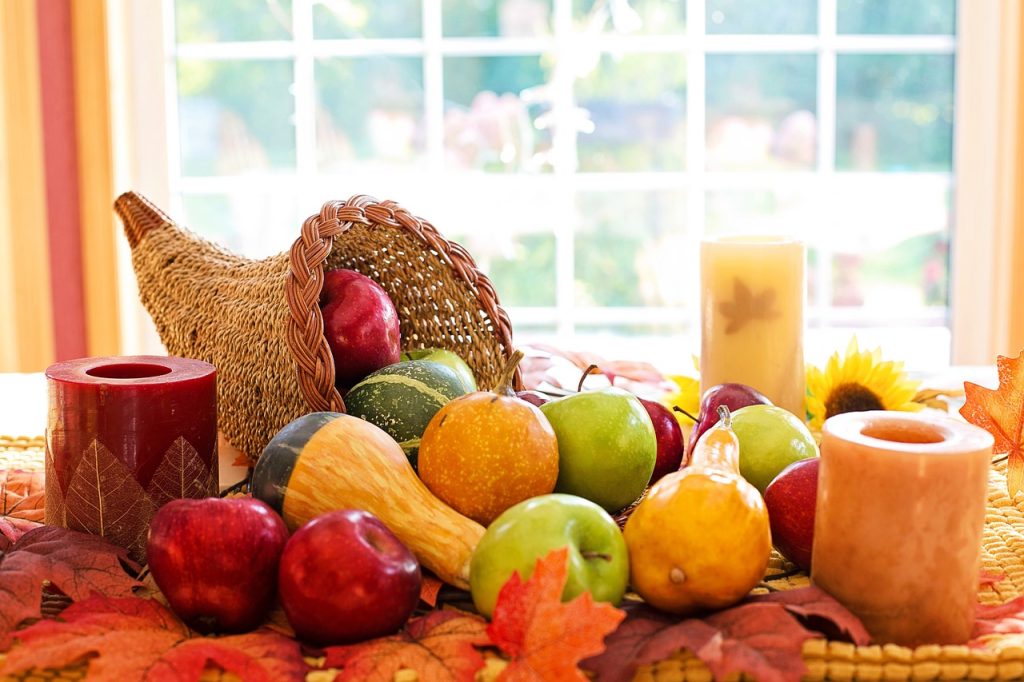
CHARLOTTE – In September of 1620, The Mayflower set sail from England on a treacherous 66-day voyage that would end in America. The Pilgrims’ first winter in the new world was brutal; exposed to the elements and vulnerable to scurvy and other contagious diseases, only half of the Mayflower’s original passengers moved ashore in the spring.
On shore, the Pilgrims met Squanto, a member of the Pawtuxet tribe, who taught the Pilgrims how to cultivate corn, extract sap, catch fish and avoid poisonous plants. Squanto also helped the Pilgrims forge an alliance with the local Wampanoag tribe, and Thanksgiving is celebrated annually 400 years later to commemorate the first autumn feast that the Plymouth colonists and Wampanoag Native Americans shared in 1621.
Unfortunately, the first Thanksgiving is only one sliver of a turbulent history between Native Americans and European settlers. Today, the 50-year alliance between the Wampanoag and the Pilgrims remains one of the only examples of harmony between European colonists and Native Americans. Even Squanto’s own history is problematic; a victim of kidnapping sold into slavery by an English sea captain, he escaped to London and returned to his homeland.
“Growing up in California in the 1980s, I learned a very ‘whitewashed’ version of the Thanksgiving story in school,” says UNCC History Professor Tina Shull. “My family always celebrated Thanksgiving with family and all the traditional foods. We even dressed up in school like Pilgrims and Native Americans (or Indians, which I’ve since learned is a hurtful term to use).”
Like many of us, Shull didn’t give those Thanksgiving traditions much thought. “I never thought much about it until I went to graduate school for history and learned that it’s considered a day of mourning for indigenous people,” she says. It was the protests at the Standing Rock Reservation in 2016 that pushed Shull to learn more about native history and Thanksgiving. “Nick Estes is a native historian who wrote a beautiful book about the history of Standing Rock, Our History is the Future, and it gives an entirely different perspective on Thanksgiving and US-native relationships that is heartbreaking and eye-opening.”
These days, Shull doesn’t eschew Thanksgiving entirely, and she doesn’t recommend that you do either! But she does want people to rethink the way they spend the holiday and what it means to them. “I still ‘celebrate’ the holiday by practicing gratitude and being with family and friends, but I consider it more a time to learn, listen, and reflect,” says Shull. Having recently learned her own ancestors were settlers in MA in the 1600s, she feels an extra responsibility to respect that it’s a sad day for many people whose stories are less often heard in school or in the media. “For me, it’s a quiet day of reflection,” she continues. “I like to spend it listening, reading, and sharing native perspectives.”
So no more Mayflower Voyagers with Charlie Brown and the gang? Not necessarily! “I also loved Charlie Brown, and still do!” laughs Shull. “It’s not that it’s entirely inaccurate; it’s just not the whole story. What I remember from Charlie Brown is how difficult the Mayflower Passage was. That idea of honoring suffering and sacrifice should be extended to native people as well.”
“The holiday can still be enjoyable and special,” ensures Shull, who recommends supplementing stories like The Mayflower Voyage with others that introduce and celebrate native histories and contributions. You can find seven great Thanksgiving childrens’ books written from a native perspective that Shull recommends at Cool Mom Picks. “To me,” concludes Shull, “the best way to give thanks is to learn and respect Indigenous histories and to act in ways that support native communities, especially in preserving languages, land, and stories.”
